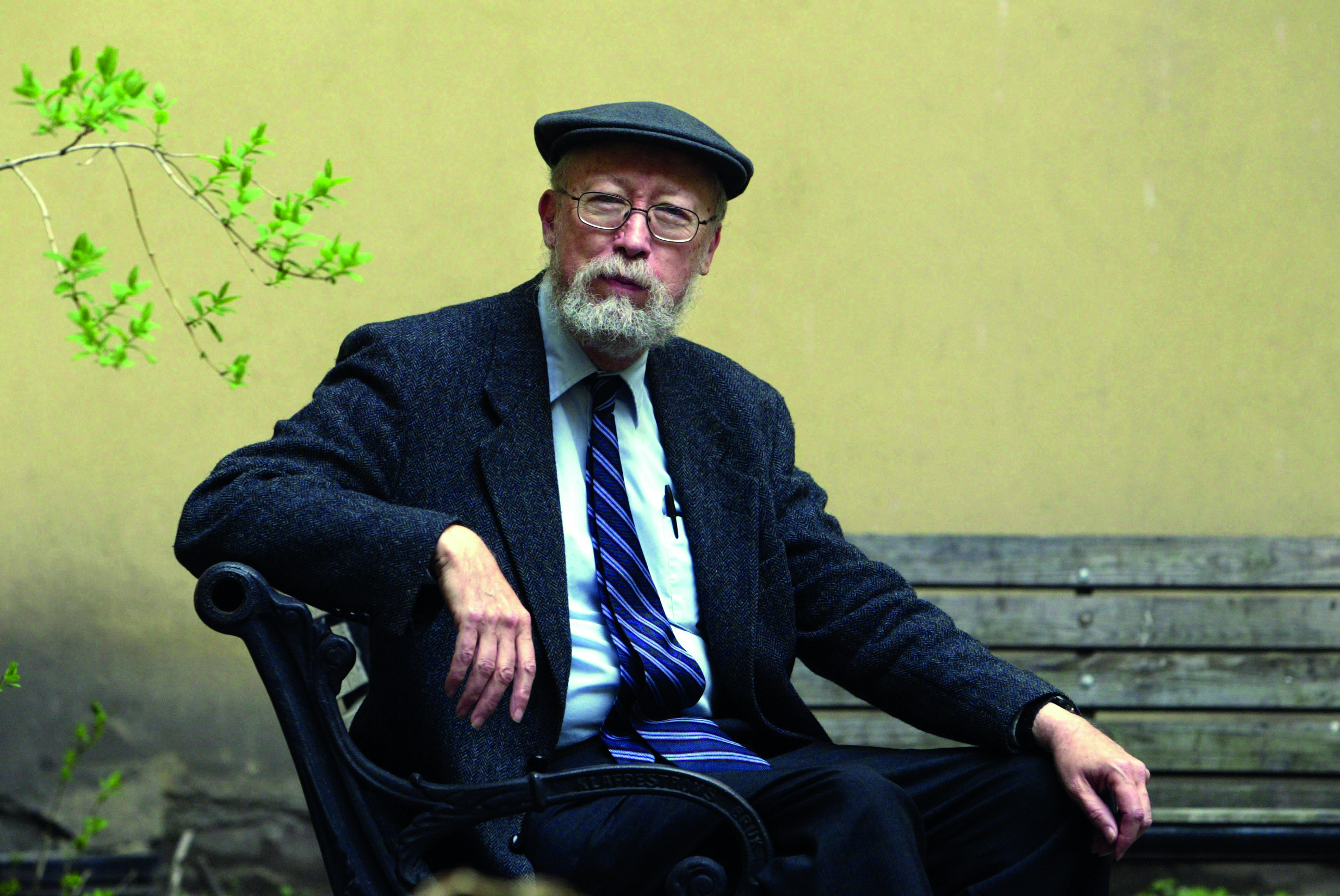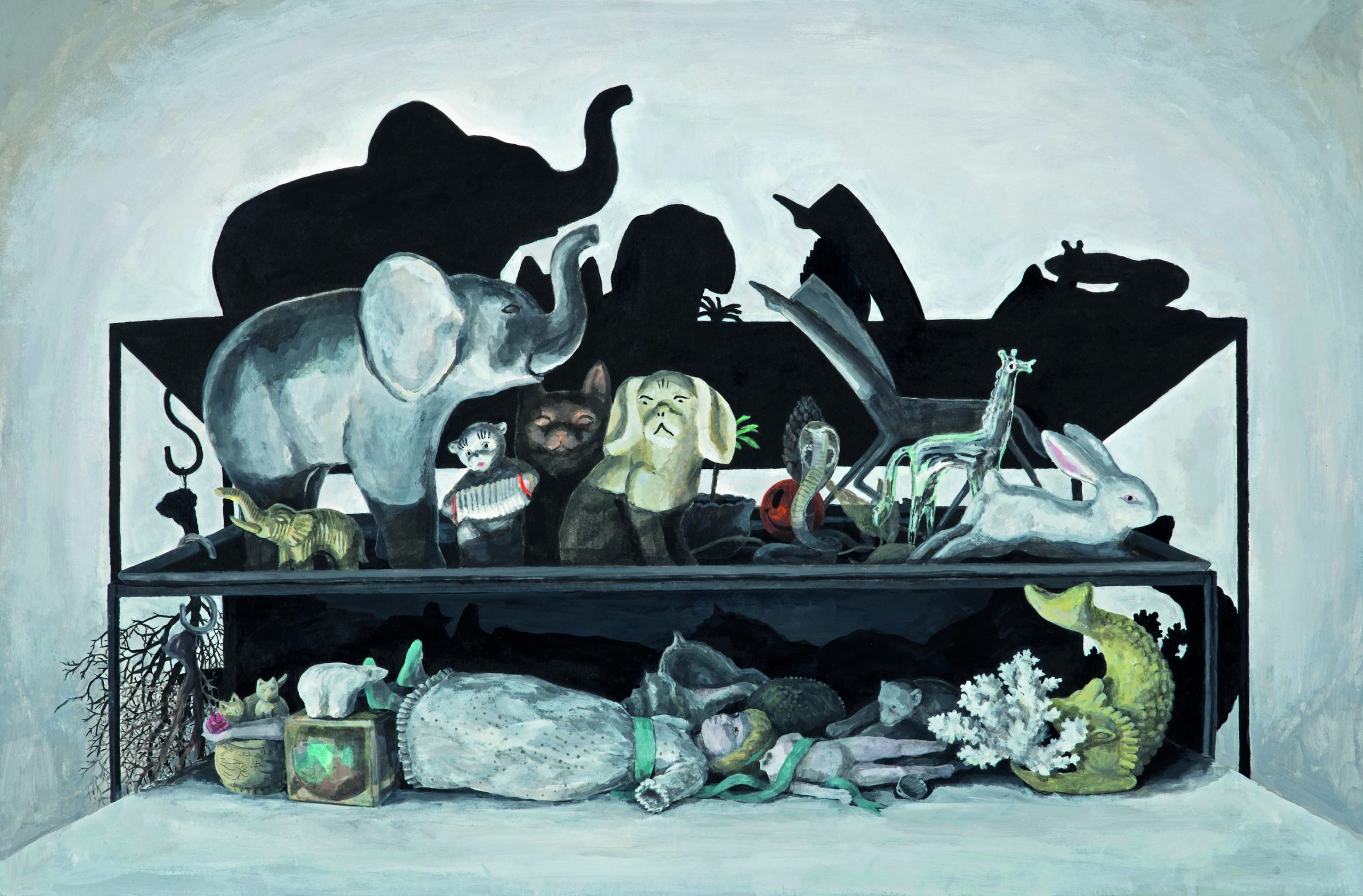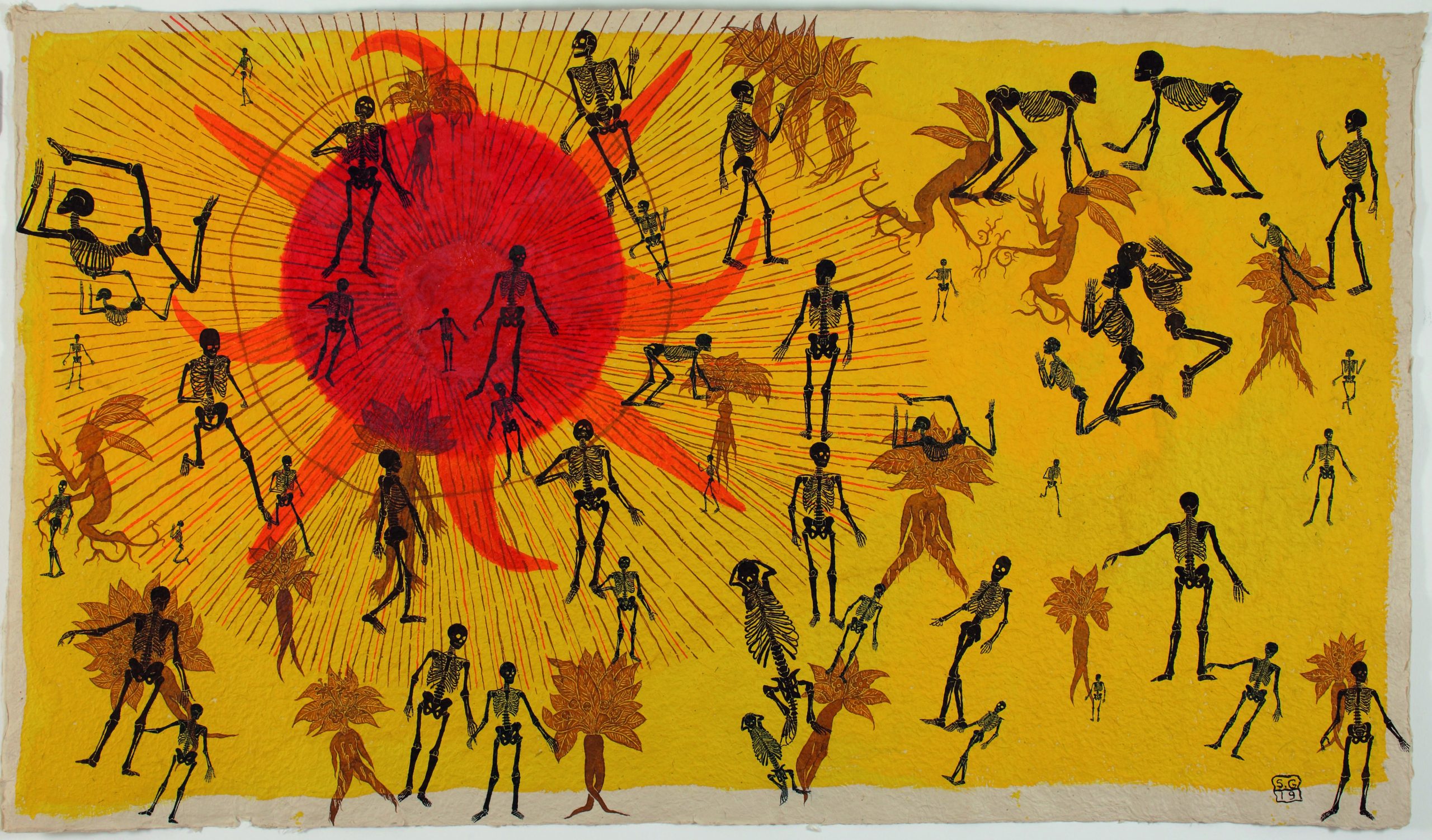The pandemic has had a significant impact on the performing arts, mirroring its impact on all art sectors. Social distancing requirements and the closure of physical venues has curtailed not only public performances but also rehearsal. Many performing arts institutions attempted to adapt by offering new (or newly expanded) digital services. Theatre performances have been cancelled or delayed. Globally, there have been many coronavirus-related job losses in the theatre industry. Funding is a necessity if the creative arts industry is to survive. However, with budgets being tight across the world due to the pandemic, it is still unknown whether there will be enough money to save them all.
-
How was your experience at the beginning of the pandemic and lockdown?
At my last class, on Monday, March 13, I told my students that we might not meet again because there were rumors of school closings. When I returned to my office, I found a notice that indeed the school would close the next day. Since my wife and I have a second home in Ithaca, New York–about 200 miles from New York City–I quickly packed a suitcase and took a bus that evening to Ithaca, where I have been ever since. It is a much smaller town and we feel safer here.
-
How was and is the situation of theatre studies in New York? I remember that you usually attended performances at least five times a week, before the pandemic. You were also watching performances around the world. What was it like for you to be deprived of going to the theater?
The theaters in New York were closed on March 12, and are still closed. Being deprived of theater was almost as difficult for me as being deprived of social contacts. Not being able to travel has also been very difficult.
“I agree with people who feel that digital and live streaming is not real theater. There is no substitute for the live experience of actors and the audience in the same space.”
-
During the pandemic, digital theater is much discussed, because the theaters were closed due to social distancing rules. Some claimed that digital theater and the recording or live streaming of a show is not real theater. Some have already moved their practices into online spaces. What do you think about this? How do you define digital theater, or theater’s relationship with digitalism?
I agree with people who feel that digital and live streaming is not real theater. There is no substitute for the live experience of actors and the audience in the same space. I think that digital materials, like film, can be used very effectively in live theater. The work of Castorf in Berlin is an excellent example, but digital performance, like film, remains something the theatre can use. But it will never replace theater. It is a different form. I usually see two or three digital Zoom performances each week, and one or two conventional films, but neither for me is a real substitute for live theater.
-
Can this crisis be a good time to think and experience the possibility of digital theater? I began to think about what new things the pandemic crisis can bring into theater. The first things that come to my mind are new forms of solidarity, accessibility, and experimentality.
Digital theater is still very young and trying to discover its own possibilities, like the early films. I think that like film, it can become an art form of its own. But like film, it will never replace theater.
-
We may also talk about theater and its crises through history. What can its history tell us today? What might be the new route of theater studies in such a changing landscape?
There has never been a crisis in theater like this one, which has closed theaters everywhere in the world. Even the closing of theaters after the fall of Rome did not affect theater life in China, India and elsewhere. Certainly major cultural changes—changes in technology, like printing or the discovery of electricity; changes in society, like the rise of the middle class or the rise of colonialism; or changes in belief systems; like the coming of Christianity, of Islam, of Darwinism or Marxism—will change the concerns of theater, as they have in the past. We cannot predict how the world will change, but we can be certain that its theater will respond to and reflect these changes.
-
With the pandemic, the conditions of making theater are changing, and many theater creators are struggling to make a living as the audience has a limited experience of digital theatre. In this context, I would like to talk about the role, or responsibility of theater criticism.
The role of the theater critic has always been to help his readers better understand an experience. If digital theatre evolves into an ongoing and popular form, there is no question that critics will appear who will fulfill this need.
-
As a theater critic, do you see a difference between writing a live performance and the online sense of a (digital) play?
Of course, as I suggested before. I do not write film criticism because I have not been trained to do so. I do not have the historical or technical background or experience. The same is true of digital performance, which I consider a different art.
-
One of the things attracting my attention is the rising of protests again on the streets, even though we say “stay home.” The Black Lives Matter movement in the U.S., protests against the lockdowns, and rallies in Europe and Istanbul.
Protesting has been an important part of public life for decades, and has become more significant with the rise of social media and cell phones. I think this will continue, and it will probably increase as the virus comes under control during the next year or two.
-
Where is hope for the theater and for all of us? Is it enough to be in solidarity and to stand together?
We are social animals, and one of the great appeals of theater is to the social side of us. Working to create better understanding, communication, and solidarity is something we should all strive for, especially given the precariousness of any individual life on this earth.

ABOUT
Marvin Carlson, Professor of Theatre at the City University of New York Graduate Center is the author of many articles on theatrical theory and European theatre history, and dramatic literature. He is the 1994 recipient of the George Jean Nathan Award for dramatic criticism and the 1999 recipient of the American Society for Theatre Research Distinguished Scholar Award. His book The Haunted Stage: The Theatre as Memory Machine, which came out from University of Michigan Press in 2001, received the Callaway Prize. In 2005 he received an honorary doctorate from the University of Athens. His most recent book is Theatre & Islam Macmillan, Red Globe, 2019.







